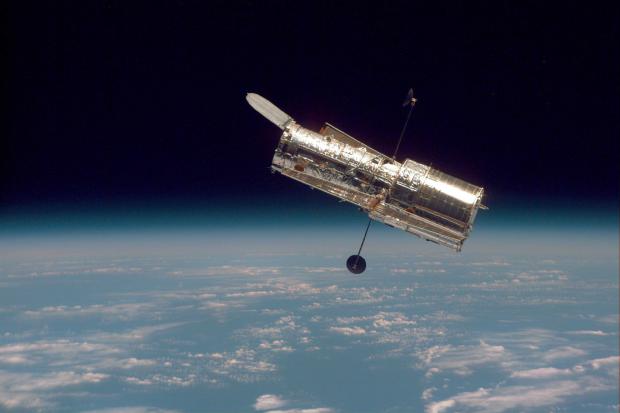
Breaking News
 $26M Frozen on Blockchain - With One Click
$26M Frozen on Blockchain - With One Click
 Italy are on national strike shutdown rejecting digital enslavement...
Italy are on national strike shutdown rejecting digital enslavement...
 The following U.S. states are currently using the rebranded "Reporty Homeland Security" so
The following U.S. states are currently using the rebranded "Reporty Homeland Security" so
 NATO Chief Urges Europe To Prepare For Long-Term World War With Russia, China, Iran & North Korea
NATO Chief Urges Europe To Prepare For Long-Term World War With Russia, China, Iran & North Korea
Top Tech News
 HUGE 32kWh LiFePO4 DIY Battery w/ 628Ah Cells! 90 Minute Build
HUGE 32kWh LiFePO4 DIY Battery w/ 628Ah Cells! 90 Minute Build
 What Has Bitcoin Become 17 Years After Satoshi Nakamoto Published The Whitepaper?
What Has Bitcoin Become 17 Years After Satoshi Nakamoto Published The Whitepaper?
 Japan just injected artificial blood into a human. No blood type needed. No refrigeration.
Japan just injected artificial blood into a human. No blood type needed. No refrigeration.
 The 6 Best LLM Tools To Run Models Locally
The 6 Best LLM Tools To Run Models Locally
 Testing My First Sodium-Ion Solar Battery
Testing My First Sodium-Ion Solar Battery
 A man once paralyzed from the waist down now stands on his own, not with machines or wires,...
A man once paralyzed from the waist down now stands on his own, not with machines or wires,...
 Review: Thumb-sized thermal camera turns your phone into a smart tool
Review: Thumb-sized thermal camera turns your phone into a smart tool
 Army To Bring Nuclear Microreactors To Its Bases By 2028
Army To Bring Nuclear Microreactors To Its Bases By 2028
 Nissan Says It's On Track For Solid-State Batteries That Double EV Range By 2028
Nissan Says It's On Track For Solid-State Batteries That Double EV Range By 2028
China's Answer To The Hubble Telescope

While China's manned space program has been getting a lot of attention, the country is also becoming a superpower in space exploration and science. In 2016, during its parliamentary sessions, China announced its space telescope program, which will advance China into capabilities only previously held by programs like the U.S. Hubble space telescope.
Zhang Yulin, a Deputy to the National People's Congress and former Chairman of aerospace contractor CASC, noted that the Chinese space telescope would have a 2+meter diameter lens with a field of view 300 times that of the Hubble Space telescope, while maintaining the same level of image resolution. With such a wide field of view, the space telescope could survey 40 percent of the cosmos in ten years. Zhou Jianping, the head of China's manned space program, noted that such a wide field-of-view would create a higher fidelity image to search for dark matter, dark energy, and exoplanets. Even more notable than the capabilities, however, may be the plan for where to locate the telescope.

 Carbon based computers that run on iron
Carbon based computers that run on iron

